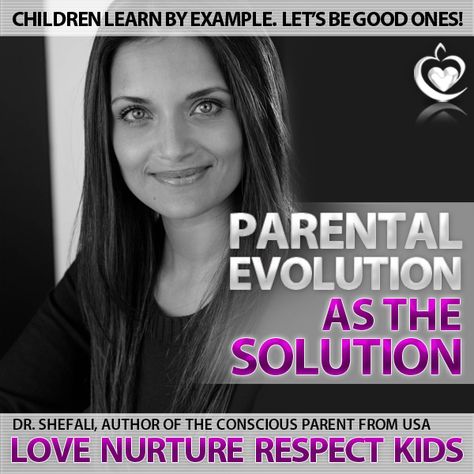

Practising healthy detachment from dysfunctional relationships, non-judgement and self-compassion can help us restore our self-worth and create a sense of inner peace. Uncomfortable as it may be, we must process our pain and begin to understand our insecurities. It seeks to give them the space and permission that we never had to live in alignment with their inner voice.” Dr Shefali urges us to break these toxic cycles by parenting our inner child first. “This approach understands this and seeks to not do the same disservice to our children. “If we’re brutally honest, we will all realise that in many ways we have lived inauthentically,” says Dr Shefali. An integral goal of conscious parenting is to manage our emotional triggers, heal our wounds and quiet the critical voices of others. As a result, we have been left carrying an inner child who is emotionally scarred by feelings of unworthiness and generational trauma.

Some of us were controlled by inhibiting belief systems or stereotypes regarding sexuality, gender or religion, while others felt suffocated by their family’s ideals and expectations. “In truth, many of us were raised by unconscious parents.” “Most of us are reacting from our inner wounds and not responding from the present moment,” says Dr Shefali. The parenting expert believes that one of the keys to becoming a conscious parent is to become aware of how our inner voice impacts our outer life.Ĭontrary to what our instinct tells us when we are challenged by our children, it isn’t their behaviour that triggers us. “Every interaction with our child is a reflection of our relationship with ourselves,” she says. Listening to our inner voice also allows us to question and reflect on our thoughts and feelings.

Mindful practices that bring our awareness to the present moment like meditation and regular self-reflection are central to improving our outlook. “Consciousness is to look at yourself with the intention to evolve,” says Dr Shefali.Ī conscious parent emphasises their own thoughts, language, expectations and self-regulation. “You become a happier human being when you realise the wisdom of allowing others to manifest their own journeys,” she says.

She encourages parents to give their children the freedom to find their own paths. Dr Shefali urges us to move away from constricting ideals, negative societal expectations and any external pressure we may feel to raise our children in a particular way. “Until we do that, they are a fantasy child and we are dealing with the child we wish we’d had, rather than truly connecting with the child before us,” she says. Shefali 💡Conscious Parent than constantly creating the perfect child or pushing them to fit our expectations, the conscious approach enlists parents to accept their children as they are in their natural state.


 0 kommentar(er)
0 kommentar(er)
